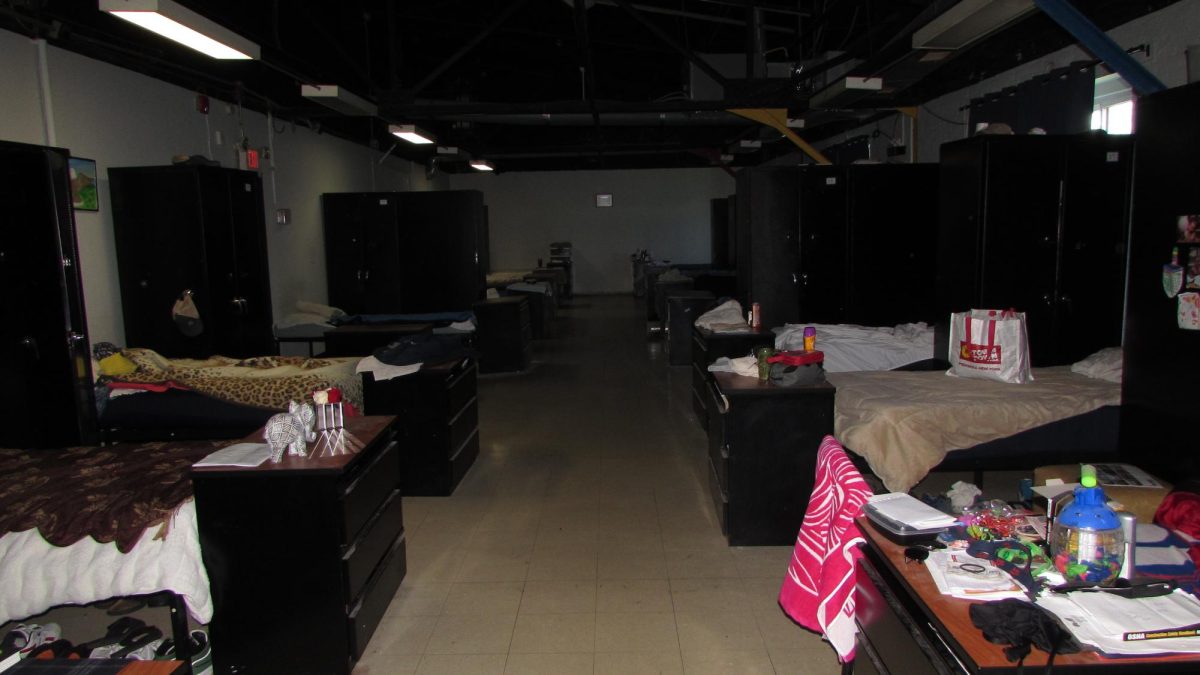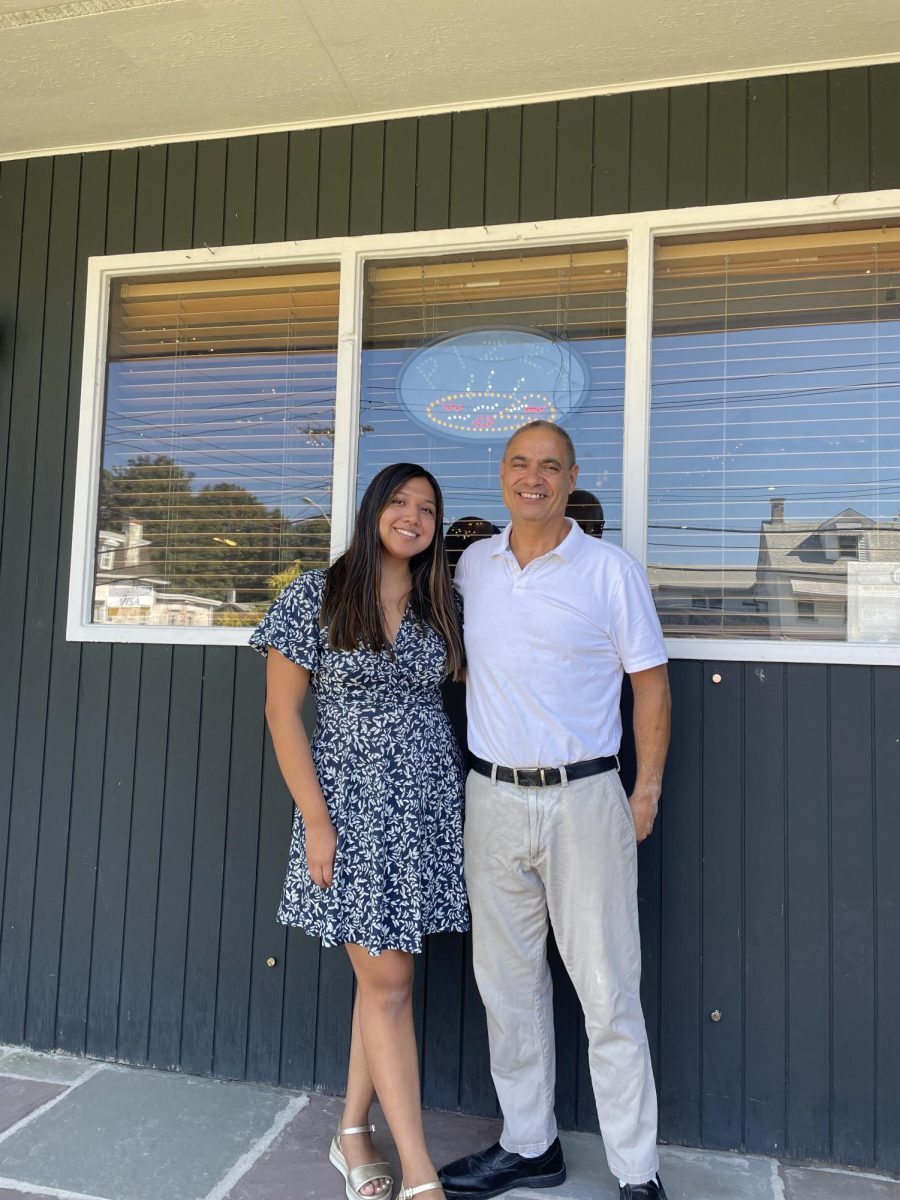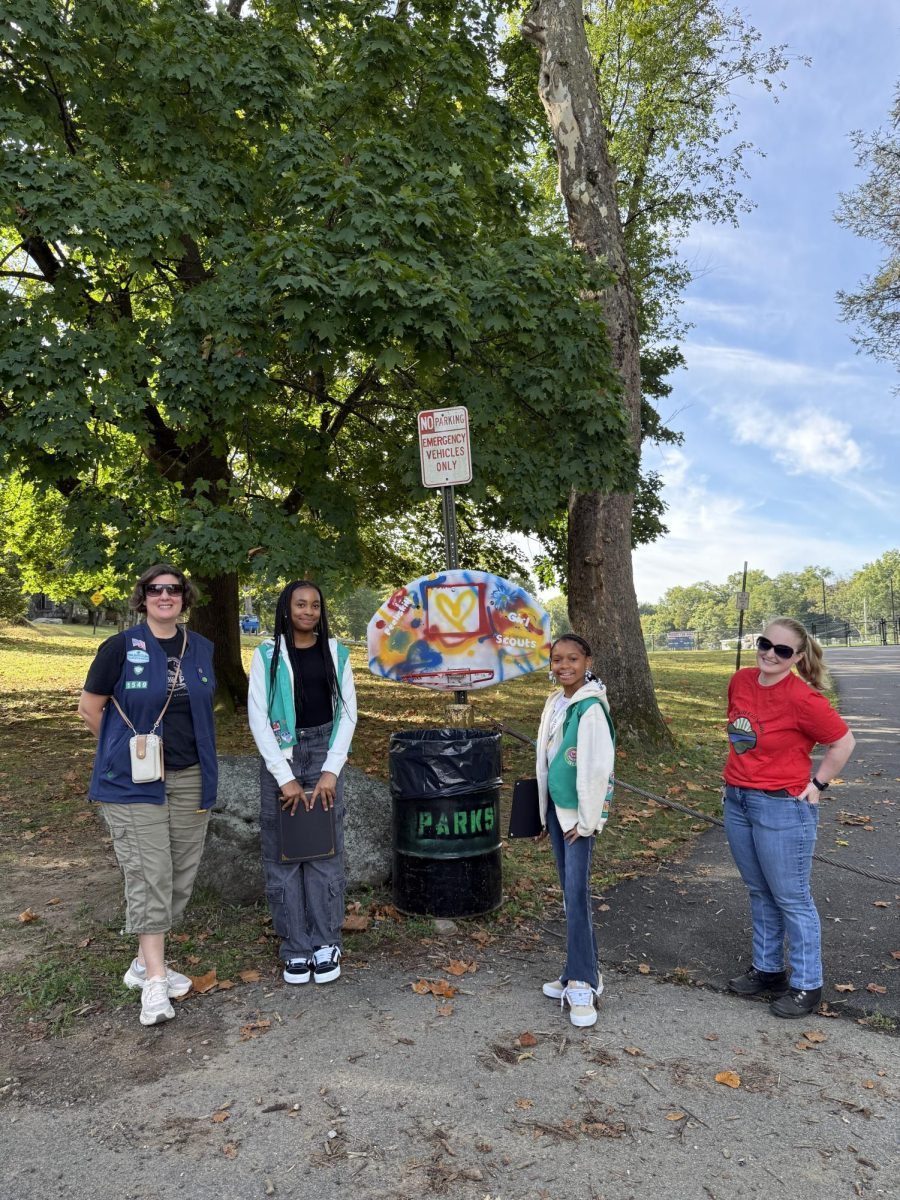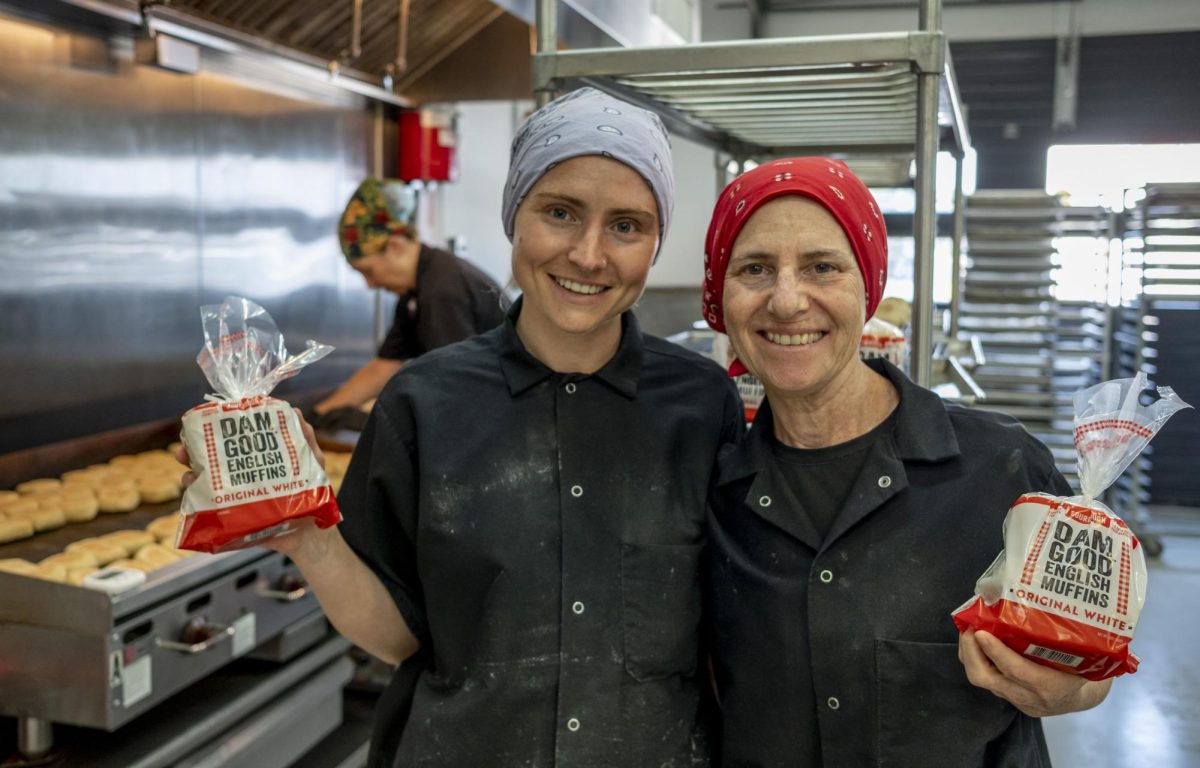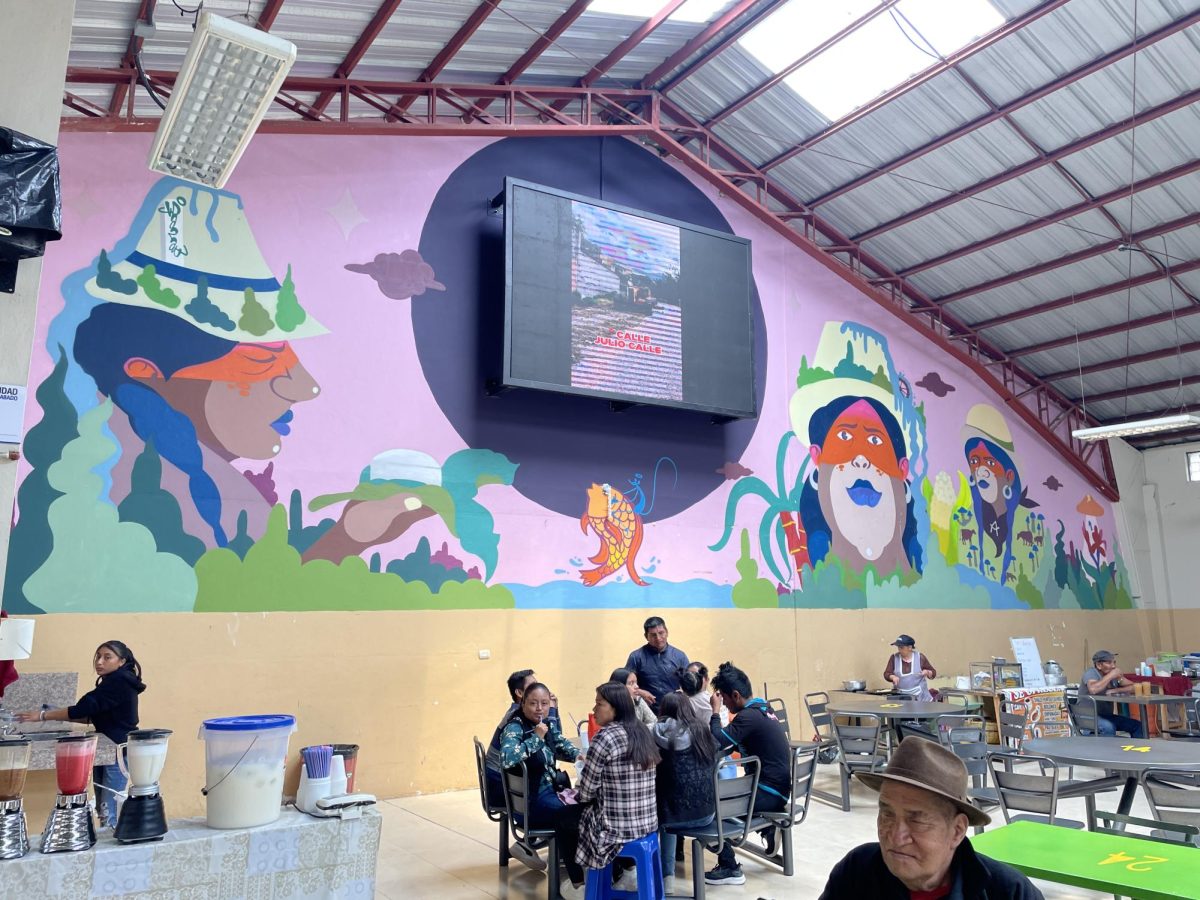Since its founding in 1988, the Jan Peek House shelter has provided a safe place for men and women without a home, or a bed for rest at night.
But during those 38 years, the shelter’s site on North Water Street has resided in a rundown, dilapidated building, too small to accommodate all those in need, too cramped to provide services to help them get back on their feet. The building has created an unbearable strain on the finances of Caring for the Hungry and Homeless of Peekskill (CHHOP), the operator of the shelter.
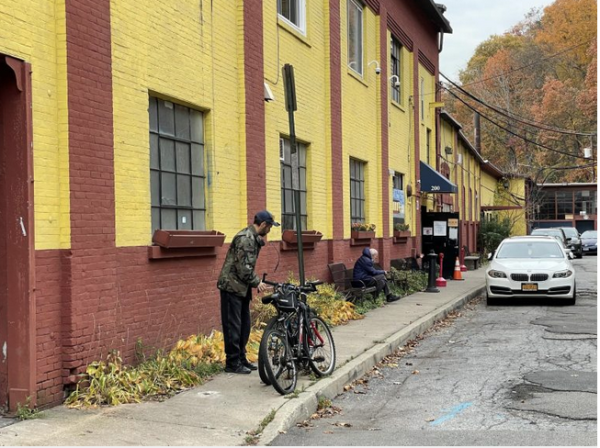
A proposal seven years ago to buy a building on Washington Street in a residential neighborhood failed in the face of community opposition. A down payment on the building was forfeited, according to CHHOP.
A $7 million plan by a developer in 2021 to build a new shelter on a strip of land along Lower South Street drew a lawsuit from a neighboring shopping center owner and was withdrawn when contamination was discovered on the site.
And now a third idea, to put several million dollars into renovating the 200 North Water Street building, while still leasing the property, appears dead after talks broke down this spring with no agreement on the terms for a long-term lease.
“The renovation is not moving forward at this point,” said CHHOP CEO Cynthia Knox. “There’s no point in us agreeing to an unreasonable lease that we would have to take to funders – it’s not going to happen.” The money that CHHOP raised toward the proposed renovation is being held aside for now.
A new two-year lease was signed recently with annual 3% increases. For now, the shelter will remain where it is.
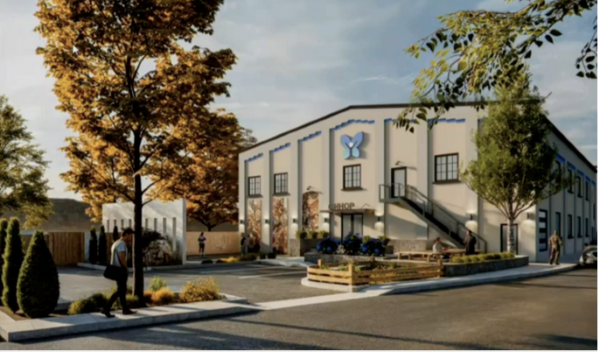
Serving the homeless in Westchester County
According to figures from the federal Department of Housing and Urban Development (HUD), the daily homeless population in Westchester County totaled 1,611 counted on a single day in January 2024, an increase of 19% since 2022.
Westchester County owns and operates a county homeless shelter in White Plains, The Coachman Family Center. Up to 100 families with 189 children live at the Coachman while working toward securing permanent housing and independence. In August, the County Board of Legislators allocated $855,000 in bonds to fund essential infrastructure improvements there.
The Coachman facility provides housing-focused case management services including skill building, advocacy, crisis intervention, and connection to community resources. Families also have access to on-site childcare for preschoolers and a youth center for school-age children.
The Jan Peek House in Peekskill is not a county facility. It is run by CHHOP and receives money from the county. Westchester is paying CHHOP $1.327 million this year with rent deemed a permissible operating expense that is part of the CHHOP budget for the shelter. There’s no money in the county capital budget for the Jan Peek Shelter. According to federal documents, CHHOP received a total of $2.6 million in grants and contributions in 2023.
The Jan Peek House averages 28 residents a night with a capacity limit of 34 beds. The building also houses cubicles for administrative staff and support services for several programs, including Turning Point (helping the disabled), RISE (Rehousing in Supportive Environments, for domestic violence survivors) and Tierra Solida (rent payment assistance). CHHOP also operates Fred’s Pantry, a provider of free food at St. Peter’s Church every Wednesday and Saturday. The pantry served 195,624 meals to 65,208 people in 2004.
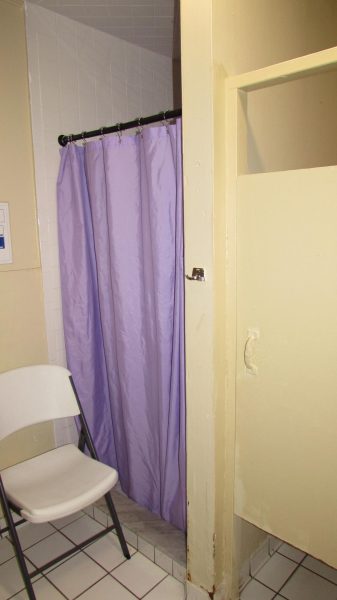
Dreams of a renovated shelter on Water Street
Last December, architect Joe Thompson showed Common Council members CHHOP’s multi-million dollar renovation plan for 200 North Water St.
CHHOP currently occupies 7,500 square feet on the second floor of the building. The new plan would have expanded the shelter into the first floor for daytime use with a community room, a commercial kitchen where clients could learn basic food prep and meal making skills, a community dining hall accommodating about 40 people, a workforce training center, and private offices for staff.
The current second floor would have enhanced sleeping quarters divided by gender, veterans, and emergency service clients, individual private rooms, improvements to the bathrooms, which currently have only a single shower, a service area that provides medications, and a small lounge for evening hours. The total renovated space would have taken over 22,000 square feet of space.
Those plans are off the table, according to Knox.
After CHHOP signed a letter of intent to negotiate a long-term lease with building owner Malkie Lebrecht, talks proceeded for over a year. But those talks ended this April because, according to Knox, a crucial clause, guaranteeing the rent price if the building was lost to foreclosure, was rejected.
“Funders [of the renovation] need to see a return on the investment, and we have to show long-term site control for 15 to 25 years. We can’t get funded with just a two-year lease,” Knox said. Talks also broke down over the price per square foot for outdoor space needed as part of the renovation plan.
According to city records, the owner of the building, 200 North Water St. Equities LLC, owes a total of $337,471.17 in principal and penalties for unpaid property taxes. Documents filed with the Westchester County Clerk’s office list Malkie Lebrecht as a managing member of 200 North Water St Equities LLC. A phone call to Lebrecht was returned from a caller ID naming Shia Lebrecht. The caller declined to comment on the lease discussions with CHHOP and the back taxes owed on the property.
Bad terms, no leverage, inadequate home
A walk through the Jan Peek House building reveals a property long past due for major upgrades and more space. Just getting to the shelter from the street can be a challenge.
“If you walk up that long staircase to get here, which is daunting enough, and you walk in and look around, you see that it’s clean but you also see that it’s a dump,” Knox said.
“What does that do to your psyche? You’re already homeless and just probably had one of the worst experiences of your life. The people are caring and nice, but the place is a dump, and it communicates ‘you don’t matter.'”
The terms of the current lease leave the landlord not responsible for the basic daily upkeep of the property. “We have been in a situation of very low bargaining power,” Knox said. “When our air conditioning went out, it took days to fix this antiquated system. Our lease is so one-sided that it cost us over $14,000 to repair.” CHHOP spends on average $24,000 a year to maintain the heating, air conditioning, ventilation, plumbing and electrical systems in the building.
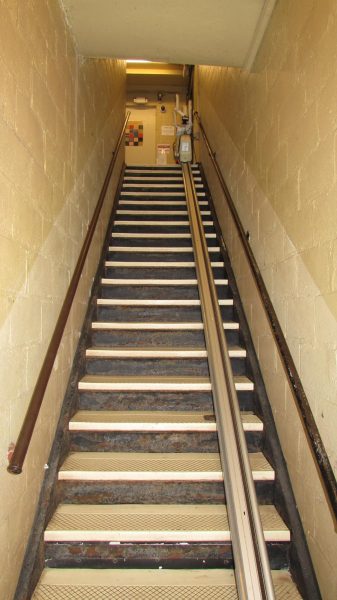
Still seeking a long-term Jan Peek House home
Knox remains steadfast in chasing the dream of a new Jan Peek House. “This could be a crown jewel, something the community would be so proud of, a model.”
Her focus now is on bringing together all the players who could make that happen. “Complex projects need sustained forward movement. I think there is a way that Peekskill’s city government, Westchester County and the CHHOP board of directors and I could work more effectively together.”
A Jan Peek task force — made up of a real estate developer providing technical assistance, a construction industry CEO and an affordable housing consultant — would benefit from a Peekskill city official and a Westchester County representative, according to Knox.
The Westchester County Board of Legislators held a joint meeting of the Housing and Planning Committee and the Social Services Committee at CHHOP offices recently. A board spokesperson did not return a request for comment.
“I think the County of Westchester understands how vital this shelter as a service for un-housed people and low-income people,” Knox said. “There are very challenging issues of limited land available and the constant pressure of NIMBY [Not in My Backyard] backlash.
“For 38 years, CHHOP has been providing food, shelter and support services for our most vulnerable neighbors so they can live independently and thrive.
“However, we simply cannot operate under constant threat of homelessness, or in a space that doesn’t provide dignity and hope, let alone having no operational kitchen, one bathroom per (traditional) gender, and a host of other issues. The constant ups and downs take their toll on everyone involved.
“CHHOP has engaged a team that has been exploring alternative locations for our operation and our six programs that serve veterans, domestic violence survivors, those living with a disability, and hungry children,” Knox said. “A permanent, fit–for–purpose home for CHHOP is imperative.”
[Ed. Note–This story was updated with a correction at 3:25 p.m. on Sept. 2 to remove the words Yonkers and Mount Vernon, which had been mistakenly mentioned in the original version.]


